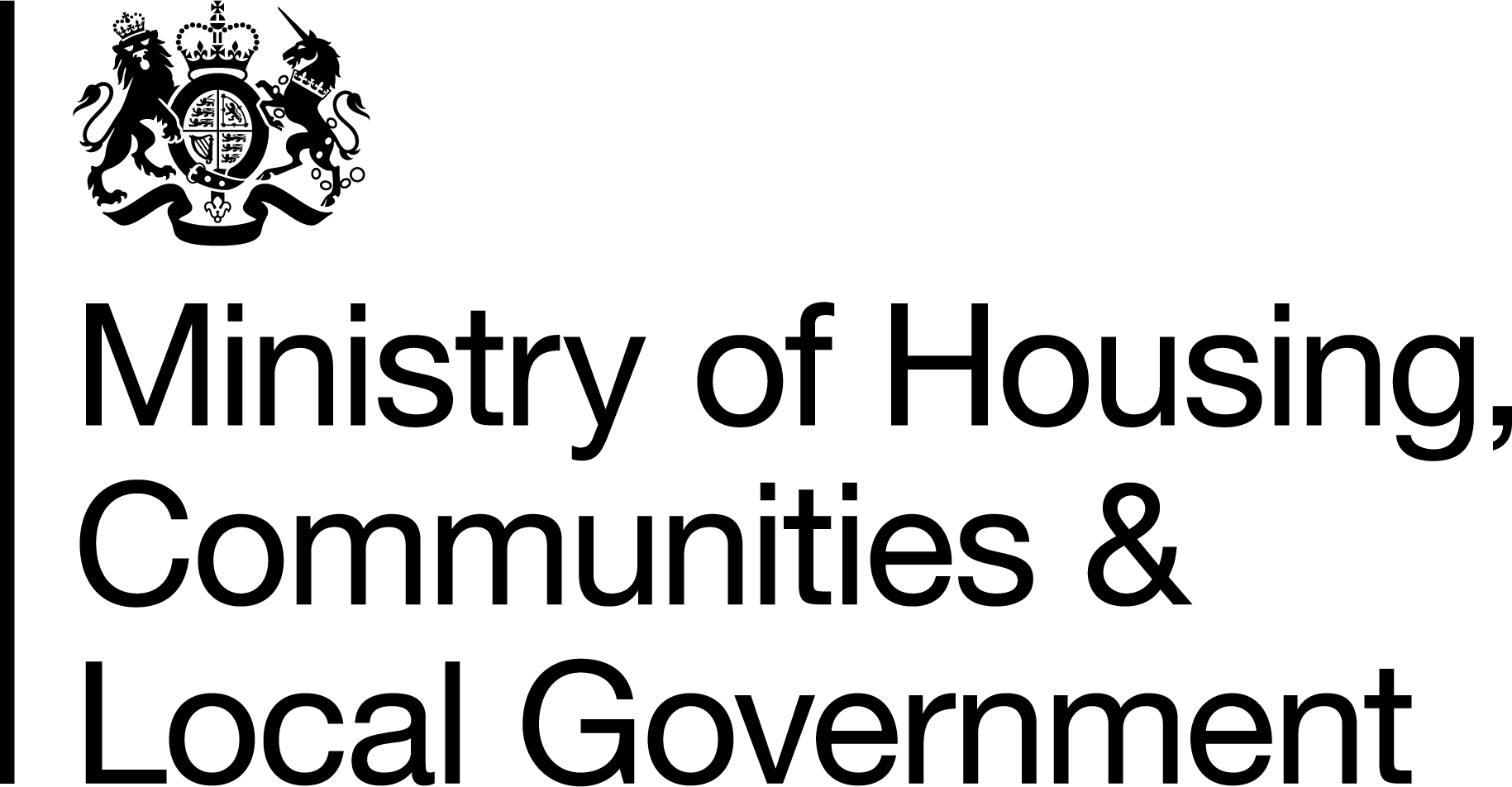Strengthening leaseholder protections over fees, charges and services: consultation
Litigation costs: proposals to “suspend” the landlord application requirement
vii) Proposal to suspend the landlord application requirement in order to recover their litigation costs through the service charge until a specified event occurs
- The 2024 Act includes powers to “suspend” the requirement for a landlord to apply to recover litigation costs from a leaseholder(s) until a specified time or event via secondary legislation.
- We are seeking views on a proposal to use this power in the case of resident-led buildings. Resident-led leasehold buildings, such as those with Resident Management Companies and Right to Manage Companies in place, are often reliant solely on income from service charges to fund litigation. If resident-led buildings were required to apply to the relevant court or tribunal in order to recover their litigation costs from leaseholders, there is a risk that they would not be able to make a claim in the court or tribunal where needed; or they would be required to make an application to the courts seeking to recover their litigation costs from leaseholders before commencing a claim, which would make managing the building difficult and hinder timely action where it is needed. This may limit the ability of resident-led buildings to take action for the benefit of the wider leaseholders in the block.
- If we were to suspend the requirement to apply to the court or tribunal in order to recover litigation costs from leaseholders through the service charge, this would allow resident-led buildings to collect money from the service charge temporarily before litigation (where they have an existing right under the lease to recover such costs). The resident-led building would still need to apply to the relevant court or tribunal at a later point to validate the recovery of litigation costs through the service charge (or demanded as an administration charge). This would ensure that leaseholders are still protected from unjustified litigation costs arising from proceedings, in line with the measures in the 2024 Act.
- The proposal is that, if the court or tribunal does not allow the resident-led building to recover their costs (e.g. where they have brought a case vexatiously), the money taken from the service charge prior to the litigation would need to be repaid (or a credit balance applied) as part of the next service charge demands. This is the same level of risk that resident-led buildings currently run, where leaseholders are currently able to apply to the court/tribunal to limit their liability to pay their landlord’s litigation costs.
- The legislation currently provides a power to set “matters” that the court or tribunal must consider when determining an application for costs; we will work with stakeholders to understand what should be included in these “matters”. However, we are proposing to include resident-led buildings. This will mean the court and tribunal will need to give consideration to whether a building is resident-led when making a decision on an application for costs and will also mean that resident-led buildings will be in a better position to understand how their costs application might be decided.
- We propose that resident-led buildings are defined as those where a recognised Right to Manage Company or Resident Management Company has been established, or where a manager has been appointed under Section 24 of the Landlord and Tenant Act 1987.
- We propose the “event” by which resident-led buildings are required to apply to the relevant court or tribunal for their litigation costs (so the “suspension” is no longer in place) is upon the substantive claim or application being decided – or if the case is withdrawn, struck out or a consent order is made. However, resident-led buildings will be able to apply for their litigation costs alongside the initial substantive application so as to simplify processes for resident-led buildings and the courts/tribunals.
viii) Further detail on the proposal for the suspension power
- An application for permission to appeal can be made by either party following the main determination – or “substantive case”. If permission is granted, the case can then be appealed.
- If a resident-led building loses the substantive case before a court or tribunal, as well as an application for costs they may have made for the case, they may wish to appeal that outcome. If they do this, they can also request a “stay” to put on hold the court or tribunal’s order while the case is being appealed.
- We are suggesting that the requirement for resident-led buildings to apply to recover their litigation costs is re-suspended if the court or tribunal allows a case to go to appeal; and places a “stay” on the determination of an application for costs in a substantive case until the appeal concludes.
